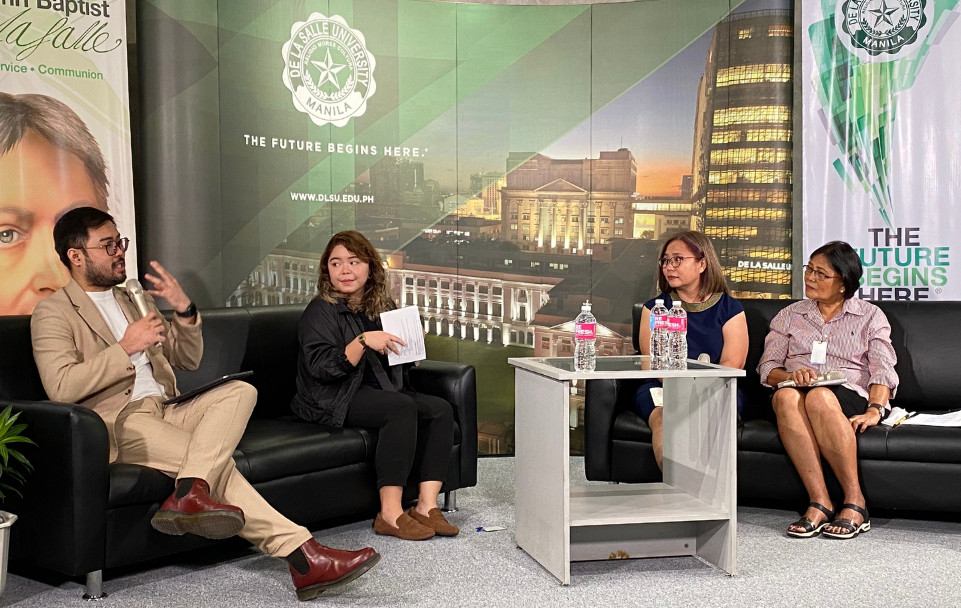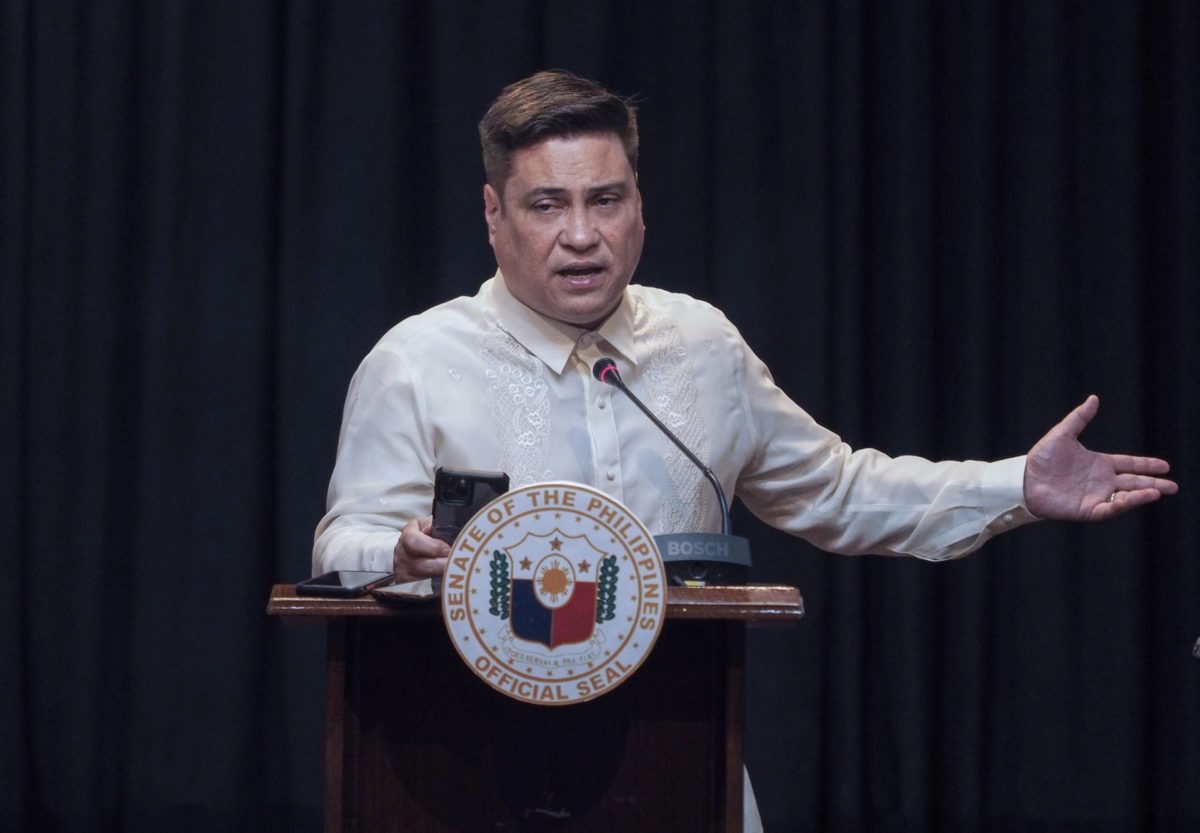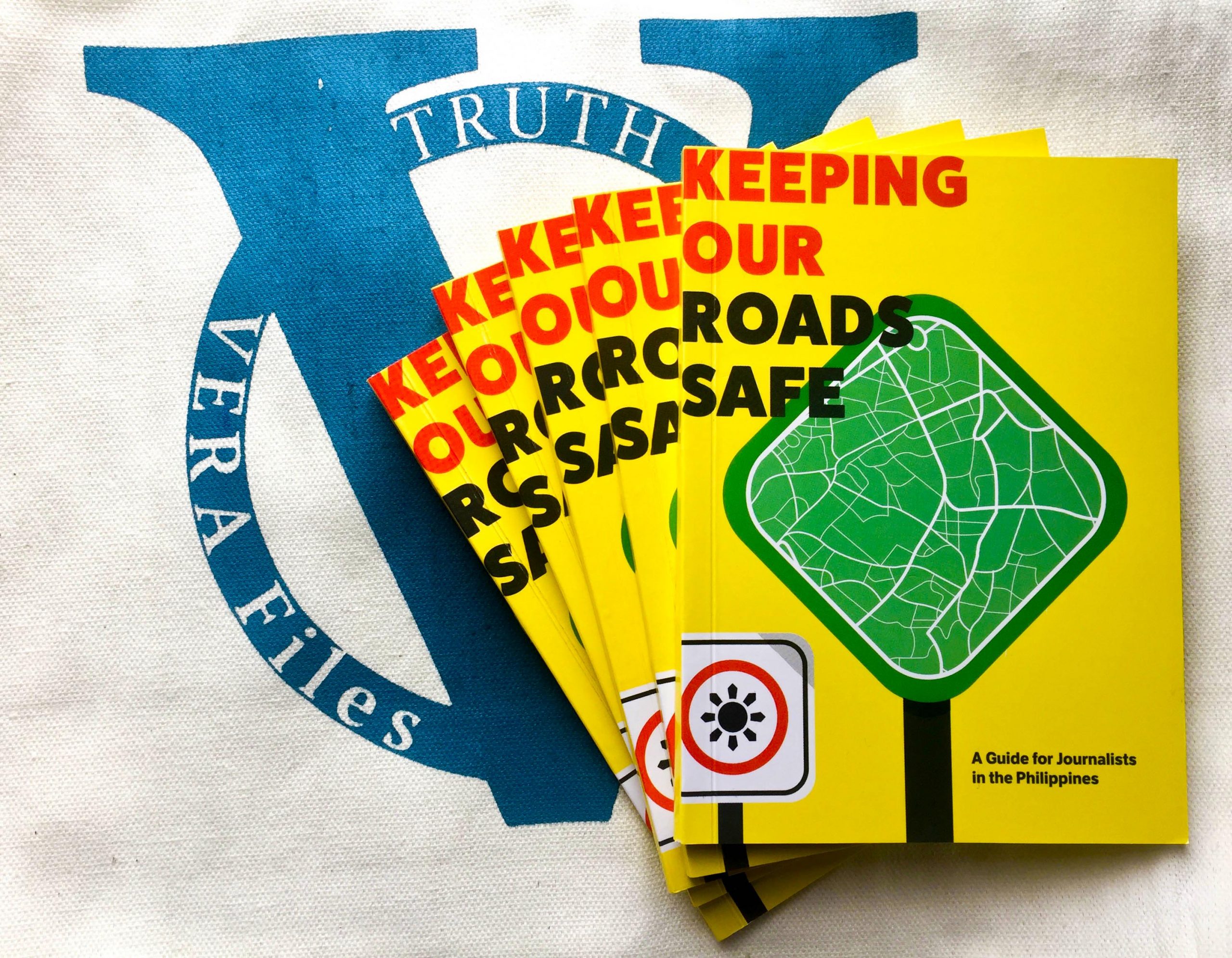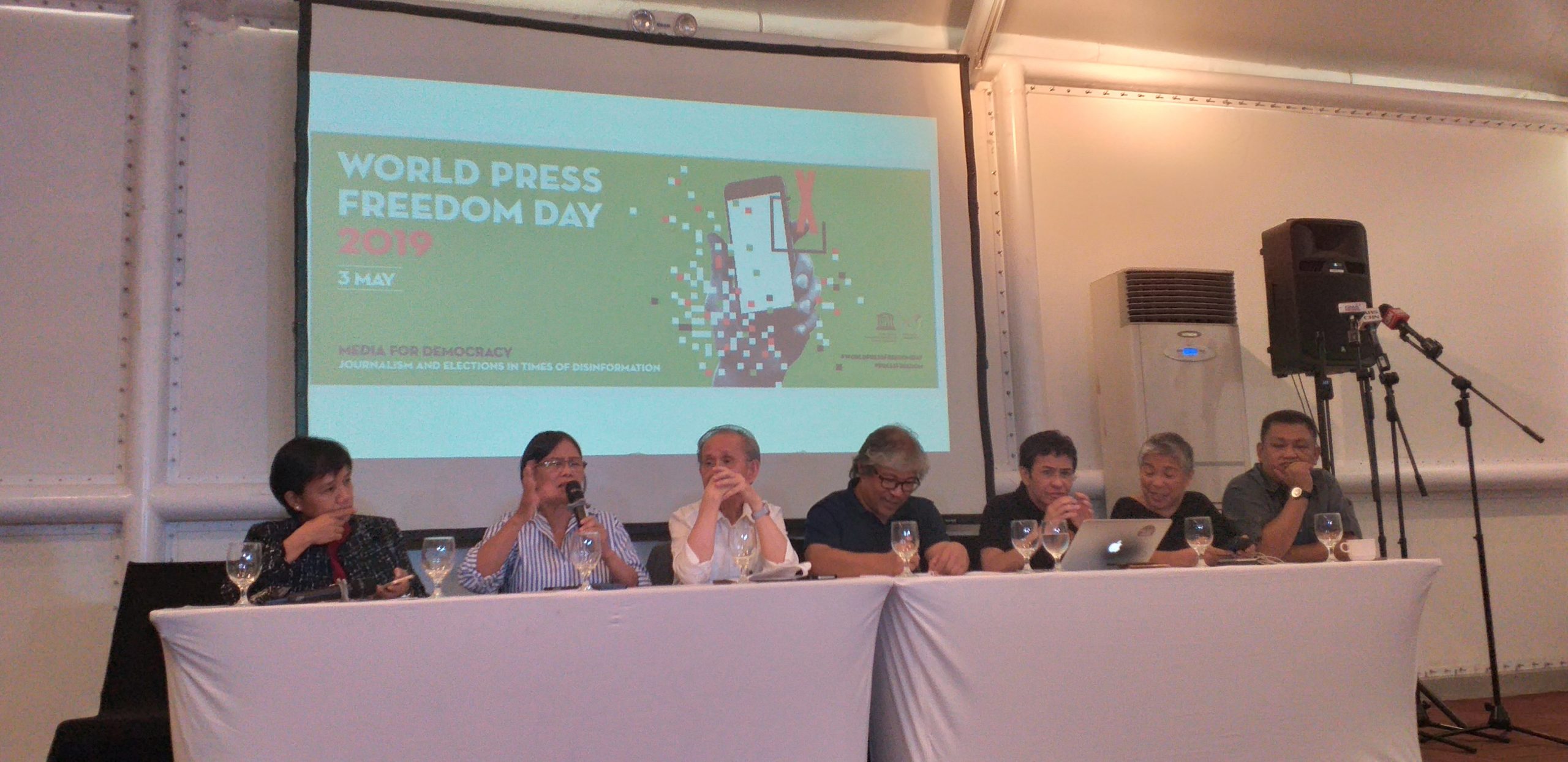Online news sites can reduce the spread of disinformation in the country by providing accountability and transparency in their platforms, according to a recent study.
Research conducted by the Global Disinformation Index (GDI) and De La Salle University (DLSU) has found that online news media in the Philippines is at a moderate level of disinformation risk driven mainly by “operational shortcomings.”
At the launch of the study on Wednesday, co-author and reviewer Cleve Arguellas said these weaknesses can be addressed if news sites publish their specific policies on attribution, user-generated comments, pre-publication fact-checking, and post-publication error correction.
“Some of these reforms include the necessity to couple increased democratic access to media using the internet, with accountability and transparency on the part of the media players in the same medium, as well as the obligation to secure appropriate pay and safe working conditions for journalists to ensure competence, dignity, and independence in the profession,” she said.
The study assessed 35 news sites in English, Tagalog and Cebuano from July to November 2022 based on their content and operations which are indicators provided by GDI risk rating that measure the quality, reliability, and editorial integrity of a site.
Among the 35 news sites, 13 were found to be at medium risk of disinformation, 10 were in the minimum-to-low-risk range, and 12 were rated as high-risk.
While they fared well on the content pillar, 28 sites received a significantly lower score on the operations pillar. Overall, news sites performed well in visual representation, headline accuracy, article bias and byline information but significantly worse in attribution, ensuring accuracy, funding and ownership transparency.
“Our findings also highlight reasonably doable opportunities to efficiently improve disinformation risk ratings as addressing operations-related disinformation risk may actually be easy as publishing specific policies on their website,” Arguelles said.
The assessment framework used in the study — headed by Dr. Briane Paul Samson with researchers and data cleaners Gabriel Potestades and Mark Gonzales, and reviewer Marinel Mamac — is aimed at combatting ad-funded disinformation by rating the risk of news domains disinforming their readers.
“These independent, trusted and neutral ratings are used by advertisers, ad tech companies, and platforms to redirect their online ad spending, in line with their brand safety and disinformation risk mitigation strategies,” according to the executive summary of the study.
VERA Files president Ellen Tordesillas, a panelist in the forum, remarked that the GDI makes truthfulness good business.
GDI Research Director Talia Hagerty stressed that this rating only assesses how likely a news website will disinform its readers by spreading “adversarial narratives” and is not intended to identify and label disinformation sources. GDI defines disinformation as “adversarial narratives that create real world harm.”
“It’s just a risk rating. It means there are areas for improvement and potential areas of concern but it does not mean that a particular news outlet is a disinformation source,” Hagerty explained.
The study encourages news organizations to be more transparent about their ownership and funding structure and to publish their editorial standards and principles. It pushes for system-wide reforms in combatting disinformation and highlights government’s crucial role in this effort.
Moving forward
Samson said the response to the study, which was sent to the respective news websites, has been “quite positive” so far.
Rappler’s Gemma Mendoza, who was a panelist at the launch, suggested future research opportunities by widening the scope of the study to include the alternative information ecosystem.
“We know that we’re actually not anymore the influential information source in this country,” she noted. “There is an alternative information ecosystem out there and it would be great if the same index is applied to that information ecosystem so that the public could judge for themselves who they should be trusting with information.”
Tordesillas stressed that with the continued rise of the digital age, it is important for journalists to remember the core values of the profession which are truthfulness, fairness, independence, humaneness and accountability.
She also said in fighting disinformation, we should also listen. “They say it’s a losing battle but I don’t agree. It makes us reflect on why are the purveyors of falsehood so successful… I think we have to be humble and we need to listen and learn from those we are trying to reach out to.”




